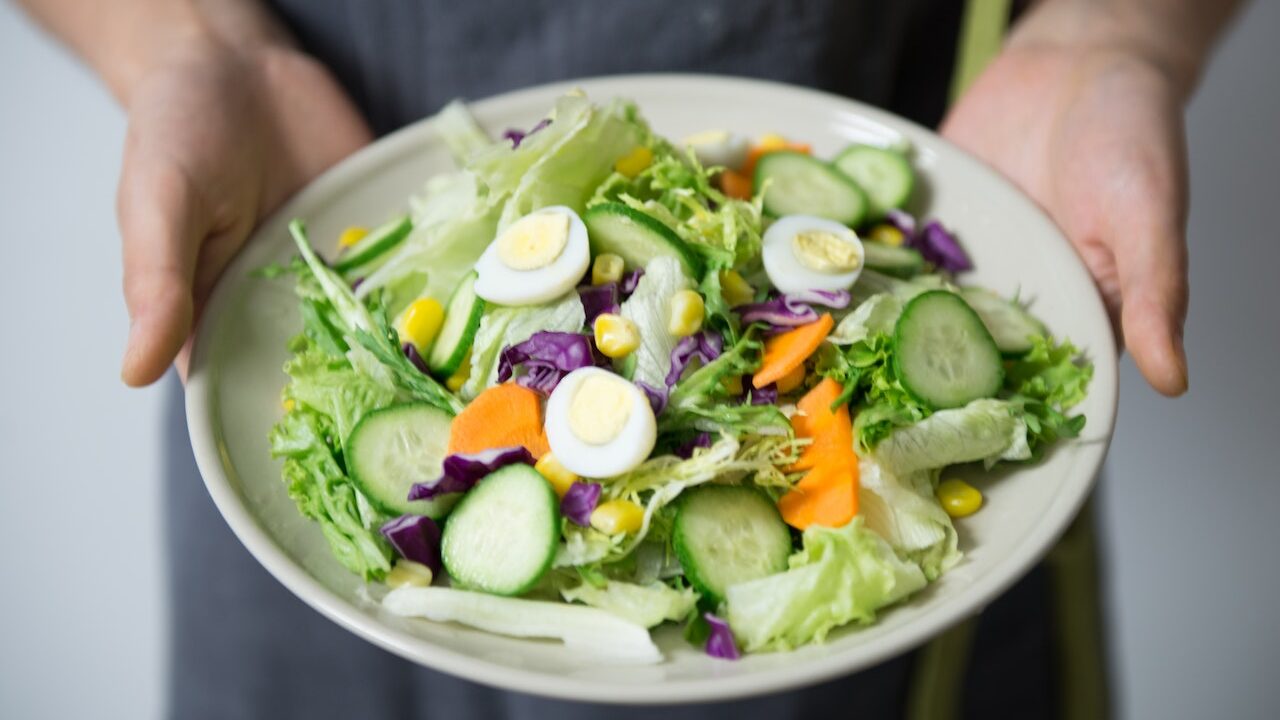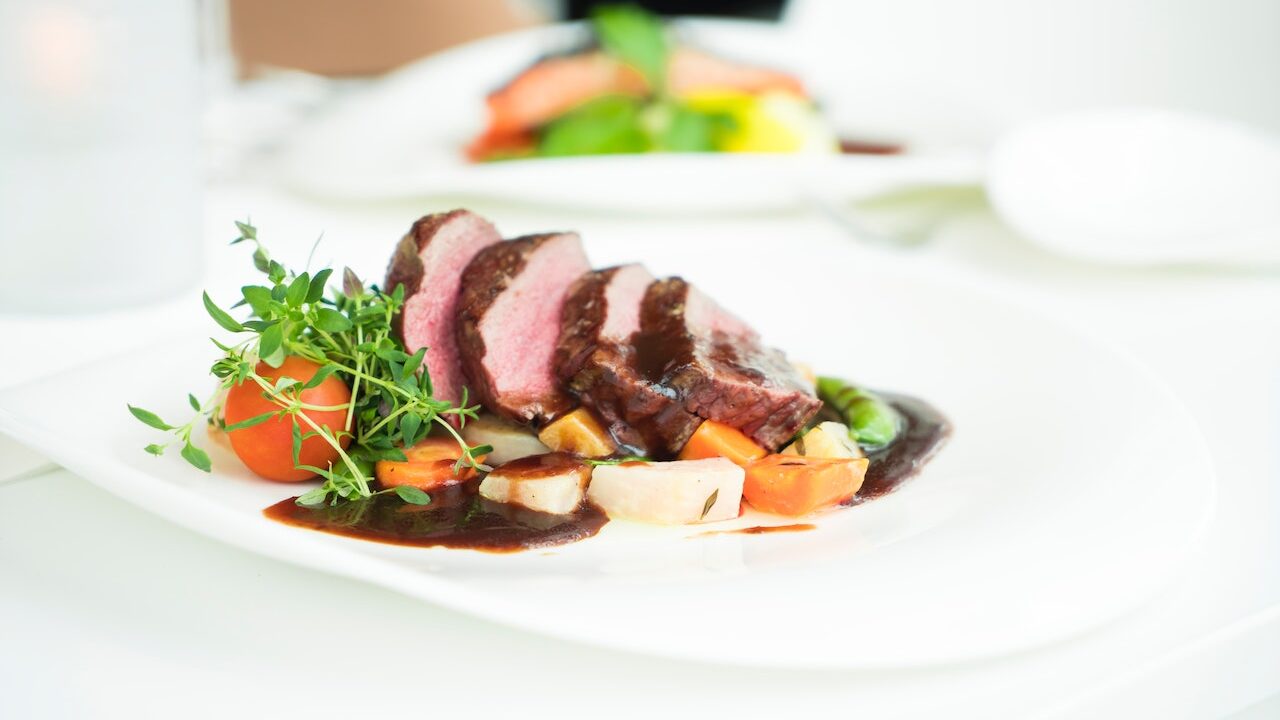Time, money, and food waste can all be saved by carefully planning and preparing meals. Traditional meal preparation techniques, on the other hand, can produce a lot of pointless plastic trash, including single-use containers, plastic bags, and wraps. Zero-waste meal preparation is a sustainable and environmentally friendly method of meal planning that does away with the usage of single-use plastics and other hazardous materials. In this blog post, we’ll go through four easy ways to establish a zero-waste meal prep practice and offer some advice for cooking scrumptious, sustainable meals.

Assessing your present routines and identifying areas for improvement is the first step in establishing a zero-waste meal preparation routine. Look at the utensils that you regularly use for food preparation, such as bags, containers, and wraps. Are they single-use or reusable? Do they have dangerous substances in them? You can start considering strategies to switch to a zero-waste meal preparation routine once you have a good understanding of your current practices and resources.

Purchasing reusable containers and utensils is one of the most crucial stages in zero-waste meal preparation. Look for glass or stainless-steel containers that are dependable, long-lasting, easy to clean, and can be used often. Likewise, make an investment in reusable tools like metal forks, spoons, knives, and straws. You will do away with the need for single-use plastics and ultimately save money by doing this.

The next stage is to make a food plan and practice mindful shopping. When you go to the grocery shop, make a list of the ingredients you require and follow it. When feasible, choose seasonal, local, and fresh produce, and go for products that are sold in bulk or with little packaging. By doing this, you may lessen the amount of trash your shopping trip produces and help out neighborhood farmers and businesses.

Batch Cook and Freeze Your Meals, A wonderful approach to save time and minimize food waste is to prepare meals in bulk and freeze them. Your favorite meals can be prepared in large quantities and then divided into servings using your reusable containers. Each container should be marked with a date, then frozen for later use. Simply defrost one of your prepared meals when you need a quick and easy supper, then enjoy!

Guidelines for Making Delicious and Sustainable Meals
For Making Delicious and Zero-waste meal prep; Here are some more pointers for making sustainable and delectable meals now that you know more about how to begin a zero-waste meal prep routine:
- Use regional and seasonal food to benefit the environment and your neighborhood.
- To lessen your carbon footprint, try experimenting with plant-based proteins like beans, lentils, and tofu.
- To add diversity and excitement to your meal preparation routine, organize your meals around a theme or cuisine.
- To keep your meals flavorful and exciting, experiment with new recipes and flavor combinations.

Conclusion:
In Conclusion, establishing a zero-waste meal prep routine is a fantastic approach to lessen your environmental footprint while saving time and money. You may develop a sustainable and scrumptious meal prep routine by analyzing your present behaviors, making an investment in reusable containers and utensils, planning your meals and purchasing thoughtfully, and batch cooking and storing your meals. So get started right away and reap the rewards of a waste-free food preparation routine!
Contact Me: author@gogreensquad.com








